Tuesday,
Jan 13
Berlin
-0°
Wednesday,
Jan 14
Berlin
2°
Thursday,
Jan 15
Berlin
-1°
Friday,
Jan 16
Berlin
2°
Saturday,
Jan 17
Berlin
1°
Sunday,
Jan 18
Berlin
-1°
MORE IMPORTANT INFORMATION ABOUT YOUR TRAVEL TO Berlin
The Train station is located at the center of Berlin
Berlin is the capital and largest city of Germany by both area and population. Its 3,769,495 (2019) inhabitants make it the most populous city proper of the European Union. The city is one of Germany's 16 federal states. It is surrounded by the state of Brandenburg, and contiguous with Potsdam, Brandenburg's capital. The two cities are at the center of the Berlin-Brandenburg capital region, which is, with about six million inhabitants and an area of more than 30,000 km², Germany's third-largest metropolitan region after the Rhine-Ruhr and Rhine-Main regions. Berlin straddles the banks of the River Spree, which flows into the River Havel (a tributary of the River Elbe) in the western borough of Spandau.
Source:
WikipediaADDITIONAL INFORMATION ABOUT Munich
The Train station is located at the center of Munich
Munich ( MEW-nik; German: München [ˈmʏnçn̩]; Austro-Bavarian: Minga [ˈmɪŋ(ː)ɐ]; Slovene: Monakovo; Latin: Monachium; Italian: Monaco di Baviera) is the capital and most populous city of Bavaria, the second most populous German federal state. With a population of around 1.5 million, it is the third-largest city in Germany, after Berlin and Hamburg, and thus the largest which does not constitute its own state, as well as the 11th-largest city in the European Union. The city's metropolitan region is home to 6 million people. Straddling the banks of the River Isar (a tributary of the Danube) north of the Bavarian Alps, it is the seat of the Bavarian administrative region of Upper Bavaria, while being the most densely populated municipality in Germany (4,500 people per km²). Munich is the second-largest city in the Bavarian dialect area, after the Austrian capital of Vienna, Munich was one of the host cities of the official tournament of the 2006 FIFA World Cup. The city is a global centre of art, science, technology, finance, publishing, culture, innovation, education, business, and tourism and enjoys a very high standard and quality of living, reaching first in Germany and third worldwide according to the 2018 Mercer survey, and being rated the world's most liveable city by the Monocle's Quality of Life Survey 2018.
Source:
WikipediaImages of the trains for your trip


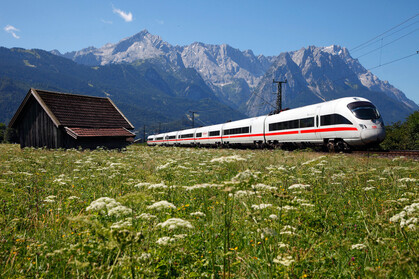

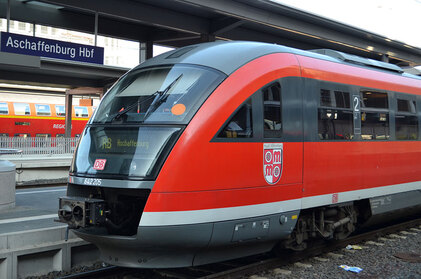







Where Can You Travel With Us?
TAKE A LOOK AT OUR MAP
France
Italy
Netherlands
Luxembourg
Austria
Germany
Belgium
Switzerland
Denmark
Sweden
Norway
Hungary
Czech
Ukraine
China
Active
France, Italy, Netherlands, Luxembourg, Austria, Germany, Belgium, Switzerland, Denmark, Sweden, Norway, Hungary, Czech, Ukraine, China
Upcoming
USA, Canada, Spain, Poland, Japan
Other Train Trips From Munich
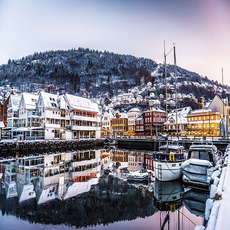
Munich to Haffkrug
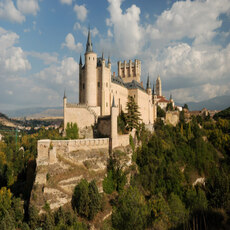
Munich to Celle Niedersachsen
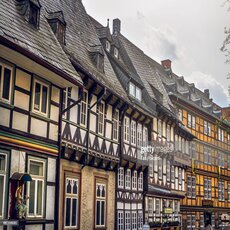
Munich to Nordholz

Munich to Kestert

Munich to Neuss Rheinpark

Munich to Worms
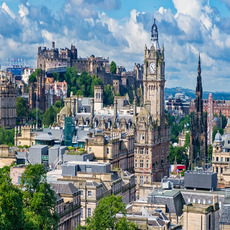
Munich to Neuss

Munich to Falkenberg Elster
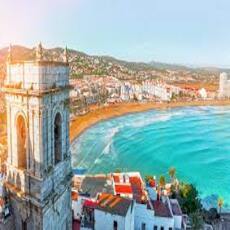
Munich to Triefenried

Munich to Kaiserslautern W

Munich to Weilimdorf

Munich to Mosbach Baden

Munich to Heitersheim

Munich to Hilden

Munich to Bad Langensalza
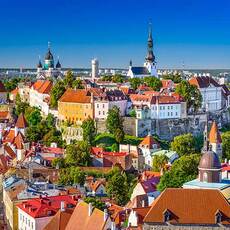
Munich to Stadtprozelten

Munich to Schwabisch Hall Hessental

Munich to Kempen Niederrhein

Munich to Hagen Wehringhausen

Munich to Brotzingen Mitte

Munich to Zscherben

Munich to Kirchhain Bz Kassel

Munich to Neumark Sachs

Munich to Brakel Hoxter
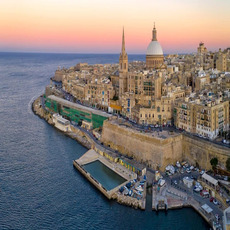
Munich to Wilster
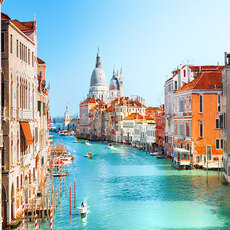
Munich to Kochel
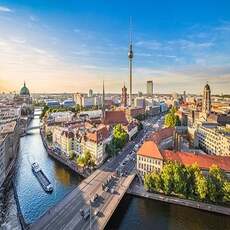
Munich to Bretten

Munich to Nurtingen

Munich to Cologne Chorweiler
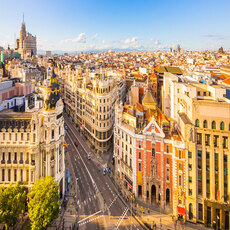
Munich to Wurzburg Zell
WHY YOU SHOULD TRAVEL BY TRAIN?
To travel from Munich To Berlin, trains would be the best travel choice, for several reasons:
1
Eco-Friendly
Trains are the most environmentally-friendly way of transport to the EU Environment Agency. They are powered by electricity, which is renewable and has a low environmental impact.
2
Speed
Travelling by train is in most cases the fastest way to go from Rome to Milan. Trains usually travel at high speeds, making them the fastest way to get from one place to another.
3
Safety
Travelling by train is one of the safest forms of transport. Trains are heavily regulated and monitored, making them safer than other forms of transport.
4
Price
Travelling by train is often cheaper than other forms of transport, such as flying or taking a bus. Trains are often subsidized by the government, making them cheaper than other forms of transport.
5
Luggage
Travelling by train is a great way to transport luggage. Trains usually have plenty of space for luggage and they are usually safe and secure.
6
Luggage
Travelling by train is often faster than other forms of transport, such as driving or taking a bus. Trains usually travel at high speeds, making them the fastest way to get from one place to another.
7
Comfortability
Travelling by train is usually very comfortable. Trains usually have comfortable seating and plenty of legroom, making them a great way to travel.
8
Comfortability
Travelling by train is a great way to get some sleep. Trains usually have comfortable seats and plenty of legroom, making them a great way to get some rest while travelling.
9
WIFI
This is not necessarily the most important when you travel since we prefer to tell you to enjoy your travel without your phones, but on trains, you can find WIFI onboard, so you remain connected to the internet if you choose to.
THESE ARE THE TRAIN OPERATORS WE WORK WITH




















